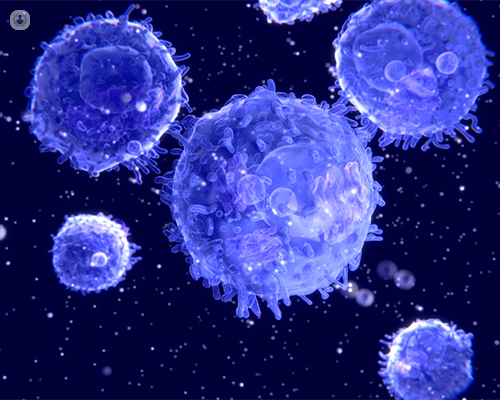What is proton therapy, and what cancers can it treat?
Written by:In this article below, highly regarded and experienced consultant clinical oncologist, Dr Crispin Hiley, provides us with an insightful guide on proton therapy, including how it benefits patients with lung cancer, and the potential side effects patients receiving the therapy may experience.

What is proton therapy?
It is a type of radiotherapy, given each day in small doses. It differs from conventional radiotherapy as it is a slghly different particle. This has some benefits. There are not as many side effects related to proton therapy as there are associated with conventional radiotherapy. Essentially, proton therapy reduces the side effects caused by radiotherapy.
What types of cancer can be treated with proton therapy?
Proton therapy is recommended in cancers where it is critical to reduce the side effects associated with the treatment of those cancers. Proton therapy is effective for paediatric cancer, or for patients who have cancers at the base of the skull.
Common cancers that are treated with proton therapy nowadays include:
- head and neck cancers
- breast cancer
- certain types of lung cancer
What are the potential side effects of proton therapy?
Fatigue, cough, and problems with swallowing are all potential side effects.
When is proton therapy indicated for patients with lung cancer?
Proton therapy is very effective when it comes to treating non-small cell lung cancer, with early lung cancers, as well as patients with locally advanced lung cancers. It can also be useful for patients with mesothelioma, and also for patients who need radiotherapy following surgery for an enlargement of the thymic gland in the front part of the chest.
If you would like to book a consultation with Dr Crispin Hiley, you can do so via his Top Doctors profile here today.


